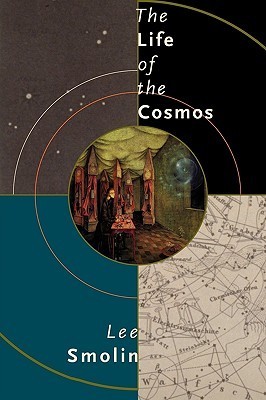What do you think?
Rate this book


368 pages, Paperback
First published January 1, 1997
“Whereas pure logic seems to have no power to create anything when viewed in the context of a static, Platonic world of oppositions that are eternally either true or false, a process which acts over time to transform structures in the world, such as natural selection, may be both completely explicable in logical terms and truly capable of the invention of novelty.”